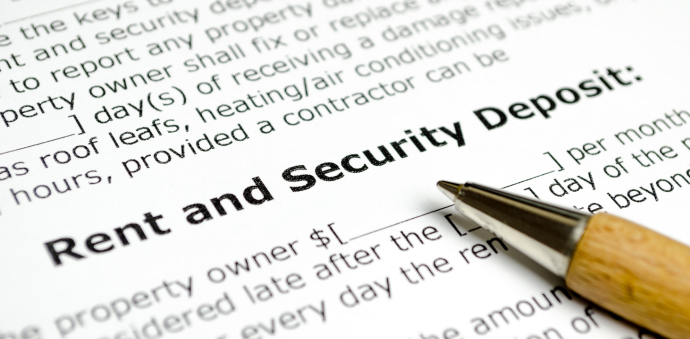
If you’re renting a home or apartment in North Carolina, understanding the security deposit laws in 2025 is essential to protect your money and rights. Security deposits help landlords cover unpaid rent or damages, but tenants also have strong legal protections to ensure fair handling and prompt return of their deposits.
This post explains key North Carolina security deposit rules for 2025, what landlords can charge, your rights to get your deposit back, and what to do if problems arise.
North Carolina law sets limits on security deposits tied to the type of lease agreement, as outlined in N.C. Gen. Stat. § 42-51:
While landlords can require pet deposits or fees, these are not capped by state law. However, any pet fees must be reasonable; excessive charges may be disputed.
If landlords want to charge more than these limits, it must be clearly stated in the rental agreement.
Landlords have two main options for holding tenant deposits, as per N.C. Gen. Stat. § 42-50:
Within 30 days after the start of tenancy, landlords must inform tenants in writing about where their deposit is held.
North Carolina landlords must return the security deposit, minus any lawful deductions, within 30 days after the tenant moves out. If repairs or damages require more time to assess, landlords can send an interim accounting within 30 days and a final accounting within 60 days, as specified in N.C. Gen. Stat. § 42-52.
If the landlord does not return the deposit or provide an itemized list of deductions within these timeframes, tenants may demand full repayment and can sue to recover the deposit, plus possible damages and attorney fees.
Landlords can deduct from your security deposit only for:
You are not responsible for normal wear and tear, for example, faded paint or minor wall scuffs due to ordinary living.
Security deposit disputes are common, but you don’t have to feel powerless. Being informed and organized helps you claim what’s rightfully yours or challenge unfair deductions.
If you’re dealing with a landlord who is withholding your deposit unfairly or if you want help understanding your lease and security deposit rights,
Contact us today for a free consultation. We will guide you through your legal options, help you gather evidence, and advocate for your deposit’s return.
Don’t let your landlord keep your money without cause, reach out now for expert support in North Carolina.